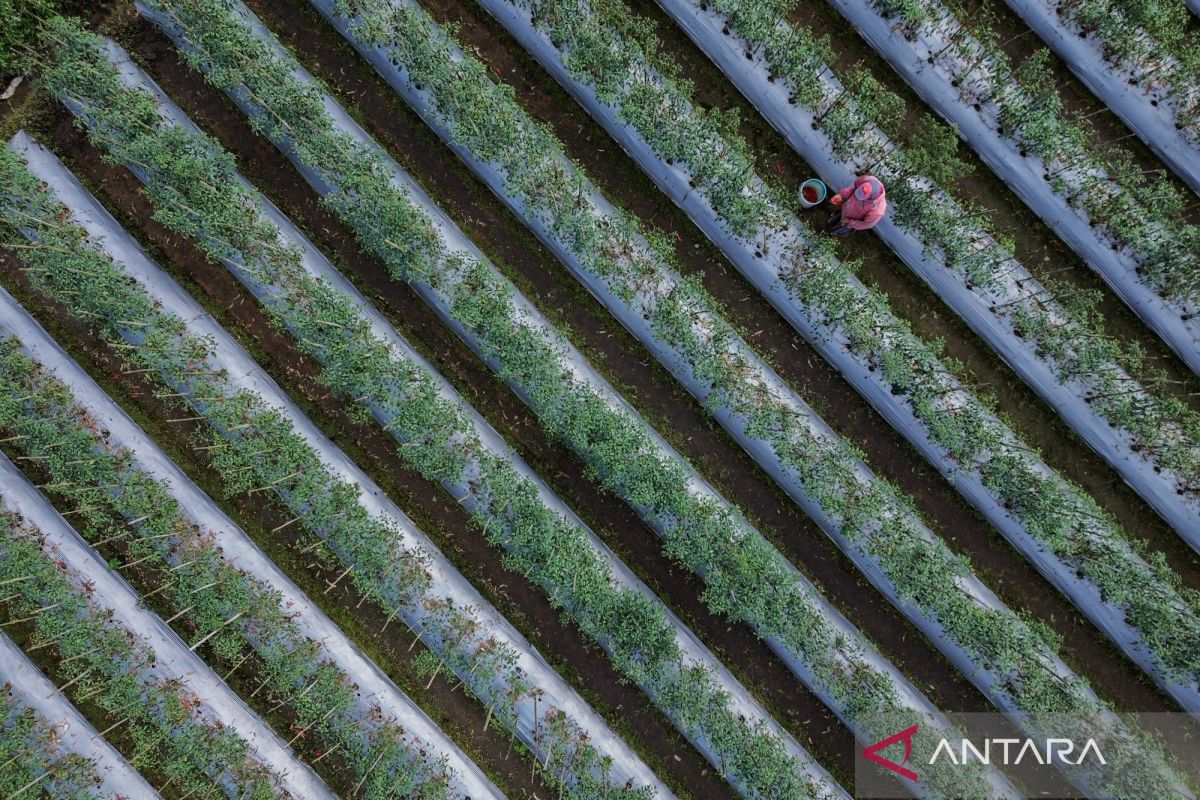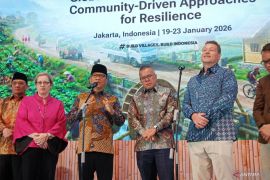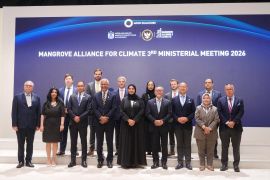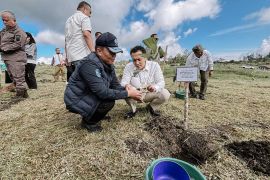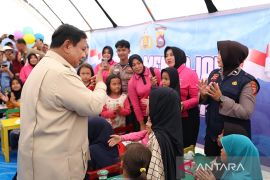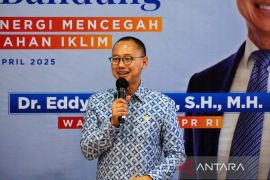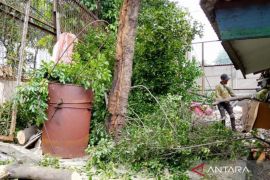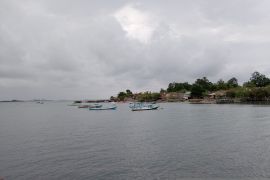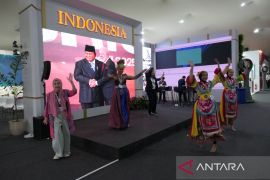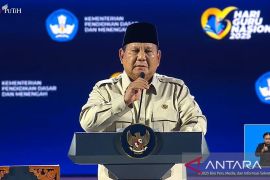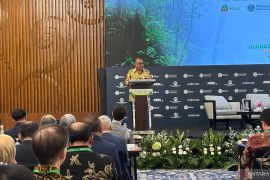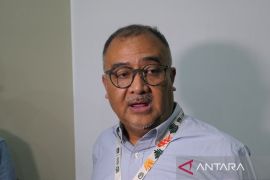"Ladies and gentlemen, surely we can feel the impact of this global warming phenomenon. As a former regional head, I can say that what haunts regional heads across Indonesia is the same: sudden floods, sudden droughts, sudden landslides, and similar events," Sugiarto said here on Thursday.
He highlighted how global warming has affected daily life, including increasingly frequent crop failures.
According to data he gathered, the processing industry is the largest contributor to Indonesia’s carbon emissions. Other significant sectors include electricity and gas, agriculture, forestry, fishery, transportation, and unmanaged waste.
The deputy minister also noted Indonesia’s vast renewable energy potential, which remains underutilized. For example, out of a total 95 gigawatts of hydropower potential, only 6.7 gigawatts are being used.
Wind energy is another underused resource: only 0.2 gigawatts of the potential 155 gigawatts is harnessed. Solar power similarly remains largely untapped.
In 2023, only ten provinces exceeded their renewable energy targets. These include South Sumatra, North Sulawesi, Riau Islands, Bangka Belitung, Jakarta, and West Java, he said.
Sugiarto urged regional governments to implement green funding to promote environmental sustainability and encouraged replicating successful strategies across other regions.
"So the governor helps cities and districts develop sustainable climate initiatives. Cities and districts provide incentives for villages, and so on. This is called ecology-based funding transfer," he explained.
He emphasized that achieving a “Golden Indonesia” by 2045 requires a firm commitment to controlling carbon emissions, as outlined in Indonesia’s Net Zero Emission (NZE) target under the Paris Agreement.
NZE refers to a balanced state between greenhouse gases released and those removed, achieved through both emission reductions and carbon absorption.
Sugiarto commended regions that have implemented innovative environmental measures. Surabaya City, for example, allows residents to use plastic bottles as bus fare. Bali Province has banned single-use plastics, Banyuwangi promotes conservation-based village tourism, and Bekasi uses Refuse-Derived Fuel (RDF) to manage industrial waste.
He expressed optimism that regional leaders, particularly younger officials, will bring greater attention to environmental issues, fostering stronger collaboration to address climate change challenges.
Related news: UN appoints Indonesian to Youth Climate Advisory Board
Translator: Fianda Sjofjan Rassat, Mecca Yumna
Editor: M Razi Rahman
Copyright © ANTARA 2025
